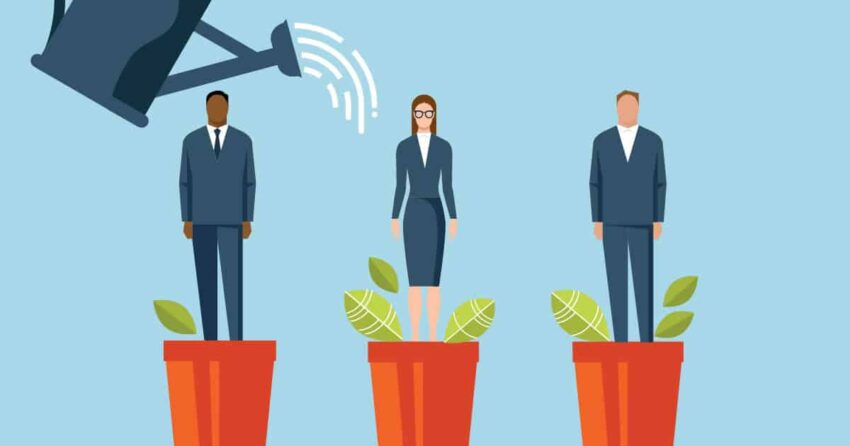Leadership development is essential for individuals seeking to enhance their leadership skills and abilities. Effective leadership can drive organizational success, inspire teams, and foster a positive work environment. Here’s a detailed guide to help you develop your leadership skills:
1. Understanding Leadership
Leadership is more than just a title; it’s about inspiring and motivating others to achieve common goals. Effective leaders are able to communicate their vision, build trust, and empower their team members to succeed.
2. Assessing Your Leadership Style
Before you can develop your leadership skills, it’s important to assess your current leadership style. Are you more of a directive leader, or do you prefer to take a more collaborative approach? Understanding your strengths and weaknesses as a leader will help you focus your development efforts.
3. Setting Leadership Development Goals
Based on your assessment, set clear, achievable goals for your leadership development. These goals should be specific, measurable, attainable, relevant, and time-bound (SMART), and should align with your overall career aspirations.
4. Building Emotional Intelligence
Emotional intelligence is a key trait of effective leaders. Develop your emotional intelligence by practicing self-awareness, self-regulation, empathy, and social skills. These skills will help you better understand and connect with your team members.
5. Enhancing Communication Skills
Effective communication is essential for leadership success. Work on improving your verbal and nonverbal communication skills, as well as your active listening skills. Clear and concise communication will help you convey your vision and goals to your team.
6. Developing Decision-Making Skills
Leaders are often faced with tough decisions. Develop your decision-making skills by gathering relevant information, considering all options, and making timely and informed decisions. Learn from both your successes and failures to improve your decision-making abilities.
7. Fostering a Positive Work Environment
As a leader, you have the power to create a positive work environment that fosters creativity, collaboration, and innovation. Lead by example, encourage open communication, and recognize and reward your team members for their contributions.
8. Seeking Feedback and Mentorship
Seeking feedback from your team members and mentors can provide valuable insights into your leadership style and areas for improvement. Use this feedback to adjust your approach and continue growing as a leader.
9. Continuing Education and Professional Development
Leadership development is a lifelong process. Continue to educate yourself through workshops, seminars, courses, and reading materials related to leadership. Stay current with industry trends and best practices to remain an effective leader.
10. Leading by Example
Ultimately, the best way to develop your leadership skills is to lead by example. Demonstrate integrity, professionalism, and a strong work ethic in everything you do. Your actions will inspire others to follow your lead.
Conclusion
Leadership development is a continuous process that requires dedication, self-awareness, and a commitment to growth. By understanding your leadership style, setting clear goals, building emotional intelligence, enhancing communication skills, developing decision-making skills, fostering a positive work environment, seeking feedback and mentorship, continuing education, and leading by example, you can become a more effective leader and drive success in your organization.

